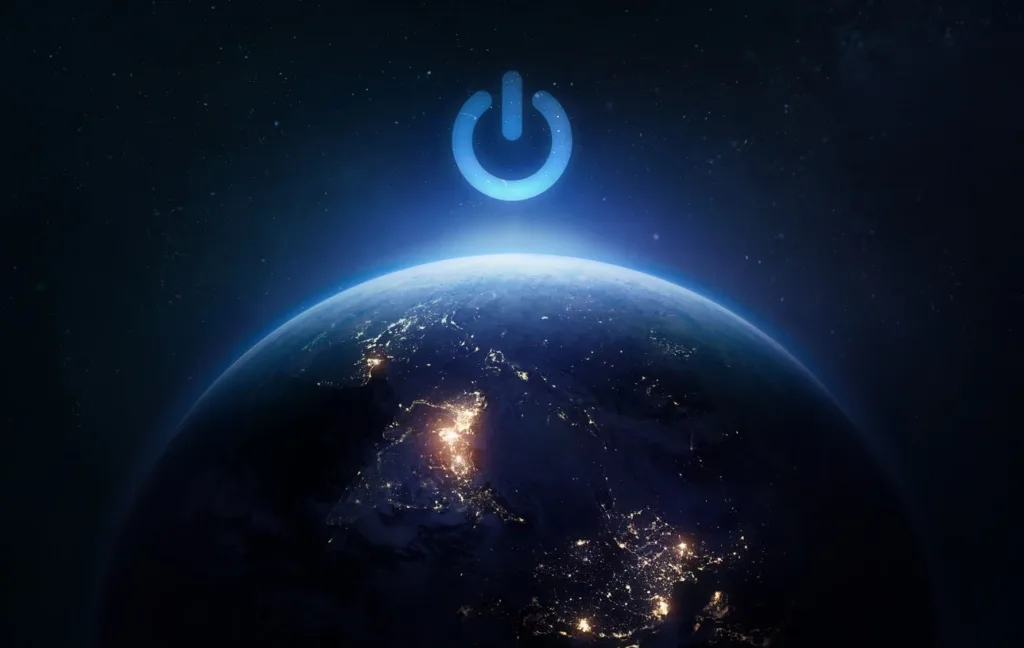A worldwide celebration known as Earth Hour Day encourages people to take action against climate change, live sustainably, and alter laws. It stands for the solidarity of environmentalists and promotes teamwork that results in long-term solutions and positive ecological impacts.
Earth Hour Day is becoming a meaningful event that motivates climate change action and raises awareness as people unite to protect the environment. This global campaign aims to get people to turn off superfluous lights for an hour on March 23, 2024, from 8:30 to 9:30 p.m. local time.
History
International participation in Earth Hour has grown since its 2007 start in Sydney, Australia. Concerns about climate change led to the creation of Earth Hour, a time when people switched off their lights to conserve electricity. Despite this, it has grown to become a powerful force in environmental activism and legislative advancement.
It exemplifies the value of group action in tackling environmental issues by uniting people from many time zones, countries, and cultures.
Theme for 2024
“Uniting for Our One Shared Home” effectively conveys how interconnected we are all on Earth and how environmental protection is a shared duty.
Humans and the environment must coexist, encourage sustainable lifestyles, and create a global civilization that prioritizes environmental health.
Significance
“Earth Hour Day” highlights how people from around the world can work together to fight climate change and promote sustainability.
Participants dedicate one hour to turning off superfluous lights to promote environmental awareness and initiate a global conversation. This modest gesture of compassion pushes policymakers to prioritize environmental protection and encourages people to live more responsibly.
Engagement and initiatives
During Earth Hour, people from all around the world take part in a range of environmentally responsible activities. WWF is spearheading this initiative through the ‘Hour Bank,’ where users submit eco-positive behaviors.
A few alternatives include planning Earth Hour events, embracing personal sustainability habits, getting outside and reconnecting with nature, conserving electricity, and organizing neighborhood cleanup and tree-planting programs.
The consequences of Earth Hour
Global unity on Earth Hour Day inspires action and awareness. Differences are significant.
Laws have been altered, awareness has grown, and the environment has improved. It also encourages business environmental responsibility and higher education.
Share this content:

